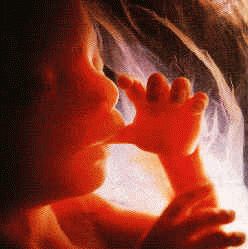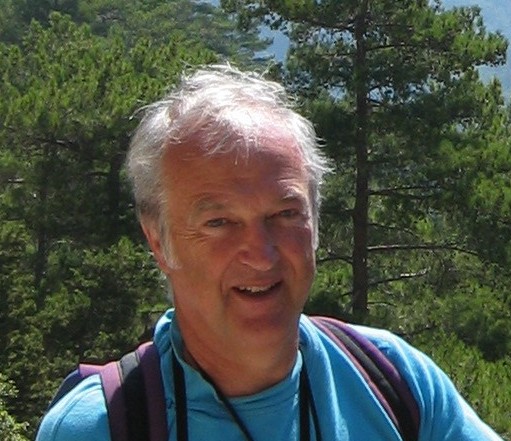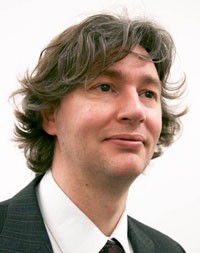When does life begin?
When you were minus one….

Now that you are in the world, you have your own personality and you are master of your thoughts. But that wasn’t always the case.
Go back and back and back in time, and you reach a point at which your genes were in two places – in your mother’s egg and your father’s sperm. Where were “you” then – and when does life begin?
Two answers from religious scientists
Here are two expert-scientists who are both Christians but who have different opinions about when life begins. Below are short quotes taken from each of their articles. To read the full-length articles, use the link at the bottom.
Prof Bryant takes a “gradualist” approach

John Bryant is Professor Emeritus of Cell and Molecular Biology at the University of Exeter
“There have been attempts over the ages to define a stage at which the growing foetus becomes a person.
The Greeks believed that at a particular stage of pregnancy, the soul entered the foetus and that this occurred earlier in boys than in girls.
The idea of ‘ensoulment’ was picked up by some early Christian thinkers and even today, in Islamic doctrine, the soul is said to be breathed into the foetus at about 18 weeks.
In reality it is probably impossible to name a stage at which the developing human becomes a person. It is a gradual process and indeed, it does not stop at birth: the new-born ‘little person’ still has some way to go before showing signs of self-consciousness, moral reasoning and abstract thought!
This ‘gradualist’ understanding is the one that takes into account our current knowledge of pre-natal development.”
Prof Jones says life begins at fertilisation

David Albert Jones is Professor of Bioethics at
St Mary’s University College, Twickenham. He is the author of “The Soul of the Embryo: An enquiry into the status of the human embryo in the Christian tradition”.
“There is a very strong case for saying that a human being begins with fertilisation, but many people do not accept this conclusion. Why is it difficult for people to accept this?
Probably the main difficulty is that the early embryo does not look like a human being and it is so tiny. It is hard to see how this tiny being could be the same person as a baby or as an adult. It is just a clump of cells.
The embryo is indeed a clump of cells, but it is a very special clump of cells. It is a developing human being. An embryo does not look like an adult human being but it looks like a human being is supposed to look in the first few days and weeks of life.
The moral significance of a human embryo, a child or an adult person does not relate to his or her size but to who and what it is. Great things can come from tiny beginnings and each one of us was tiny when we began.